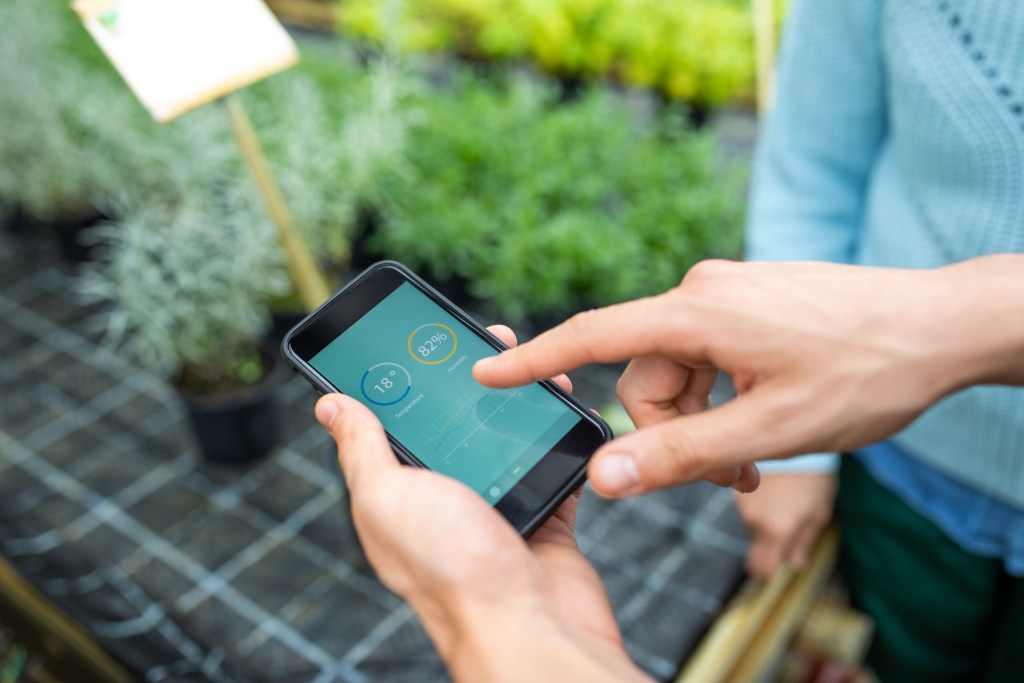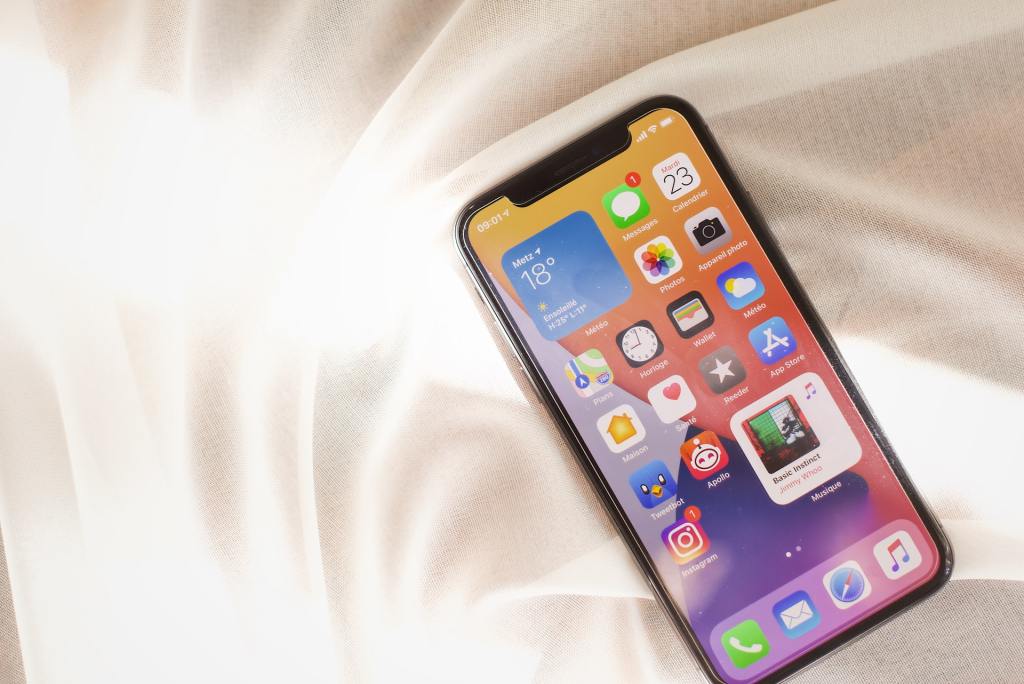According to RTS.com, 40% of the food supply in the U.S. is wasted. Imagine taking everything you eat and throwing 40% of it into the trash. That is a colossal amount of waste! It’s even more devastating to consider when there are hundreds of thousands of Americans who struggle to bring enough food home to feed their families. While these numbers may feel overwhelming, there are now apps aimed at reducing the amount of waste and redistributing it to those in need. Download them today and start making a difference right now.
The best food waste apps
There are several food waste apps out there now, and not all do the same thing. Some are on the consumer end and offer reduced prices on overstocked food items. This means buying items that will soon be out of date or food that restaurants would throw out. Others focus on getting food to those in need, whether that’s through monetary or food donations. These apps are a fantastic way for almost anyone to make a difference.
Some say technology has ruined us, but it’s hard to deny that technology has also brought the world closer when it comes to apps and ideas like these. The apps we’ve listed are taking the food waste tragedy and turning it into something useful. No matter if you download one or all, any small contribution will help.
FlashFood
When food gets too close to its “best before date,” many stores will throw it out. With FlashFood, you can get massive savings on meat and produce by purchasing those items when they’re close to their sell-by date. These items can sometimes be up to 50% off! This means you’ll save money and keep perfectly usable food out of landfills.
YourLocal
Connect with local restaurants and stores to purchase their surplus foods for up to 70% off. YourLocal allows you to choose items, pay on the app, and then pick up the food during a specific time. While this app is currently only available in New York City and Denmark, it’s sure to spread throughout the United States soon.
Too Good To Go
Like those books wrapped in brown paper for a surprise read or blind dates, Too Good To Go is an app with an extensive listing of restaurants, cafes, bakeries, and grocery stores that sell unsold food in what are called “magic bags.” Buyers not only get discounted food but also the fun of finding out what’s in their bag.
Food Rescue US
This app connects businesses with surpluses of regular food to organizations that distribute food to those in need. Together, these groups take food that otherwise would have been wasted and deliver it to homes and families experiencing food insecurity. Recently, they delivered 30,000 pounds of leftover food from the Super Bowl to local shelters.
Olio
Described as being the Tinder for food waste, Olio connects neighbors to pass around food that might have instead gone into the trash. Whether you bought too much or changed your mind, you can simply snap a photo and see if any of those around you would like the items instead. This brings borrowing a cup of sugar to a whole new level!

The next time you throw away leftovers or enter a restaurant and gasp at the prices, try downloading one of these apps. Not only will you save money, but you’ll also be saving the planet. Food waste is more than just wasteful; it’s harmful to the environment. The average family of four wastes $1,600 worth of food a year. Let’s redistribute that food to those who need it!
And if you’re looking for other apps to help you out in the garden to grow your own fruits and vegetables, here’s a good place to start.
Editors' Recommendations
- 6 tips you should keep in mind when building your own drought-tolerant garden
- Used tire planters: Genius upcycling or harmful to your health?
- Gorgeous ways to get the natural garden of your dreams
- Are robots the next trend in gardening? Here’s what we know
- What to do with the fruit your garden is giving you this month




